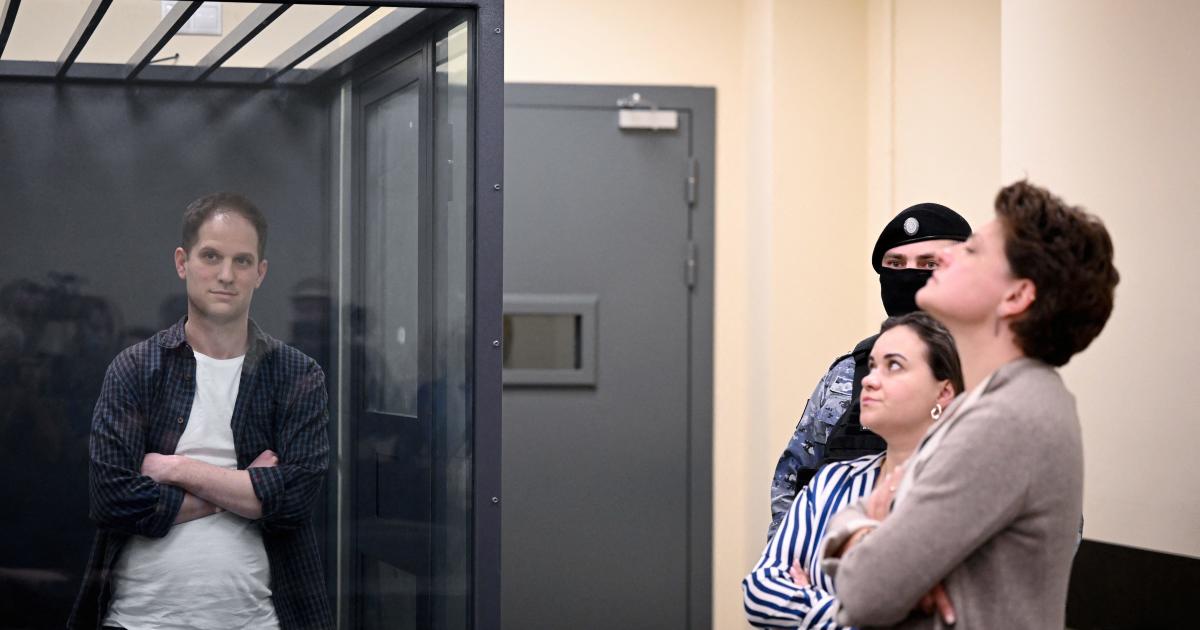Court OKs civil rights argument for local minimum wage hike in Birmingham, Alabama
Low-income workers fighting for increased pay in Birmingham, Alabama, will have another day in court.
A federal appeals court last week reversed a judge's earlier ruling that dismissed a lawsuit arguing Alabama's white-majority legislature had discriminated against the black-majority city in barring it from setting its own minimum wage.
Filed by the NAACP, a group of fast-food workers and other labor groups, the case could have national implications for workers engaged in similar battles with state legislatures as well as for a range of other issues, such as a city's ability to enact stricter gun laws or ban plastic bags.
The practice of "preemption" -- using state law to override a local ordinance -- is spreading, according to a recent report by the National League of Cities. It found tax and spending limitations to be the most common, with laws in 42 states. Forty-one states have preemptive laws relating to ride-hailing regulations, and 28 have laws dealing with the minimum wage.
With the U.S. base pay unchanged at $7.25 for 11 years, cities and counties with higher living costs have increasingly taken to enacting their own minimum pay levels above the federal government's minimum. Multiple state legislatures have responded with statewide caps.
The legal fight has been in play since the Birmingham City Council in February 2016 voted to hike the local minimum wage to $8.50 in July of that year, and then to $10.10 in July 2017. But it remains $7.25 because the state legislature quickly enacted a law barring municipalities in Alabama from setting their own pay standards.
In its recent decision, the 11th U.S. Circuit Court of Appeals ruled that Alabama's preemption law violated the 14th Amendment's equal protection rights. The three-judge panel called the state's move "rushed, reactionary and racially polarized."
The court's decision "affirmed that state lawmakers discriminated against the city's predominantly black workforce in stealing away their minimum wage increase," NAACP CEO Derrick Johnson said in an emailed statement. "The state's legislature must be held accountable for discriminating against hard-working Birmingham citizens fighting to get out of poverty."
Birmingham is Alabama's largest city, with 212,237 residents whose per capita income was about $19,650 between 2009 and 2013, according to U.S. Census Bureau data.
The ruling is "a win for African Americans in Birmingham," said Alabama State Conference NAACP President Bernard Simelton. He noted that African Americans represent about 74 percent of the city's population.
A spokesperson for Alabama Attorney General Steve Marshall said his office was reviewing the court's decision and had no immediate comment. Marshall's predecessor, Luther Strange, had vowed to vigorously defend the state law.



